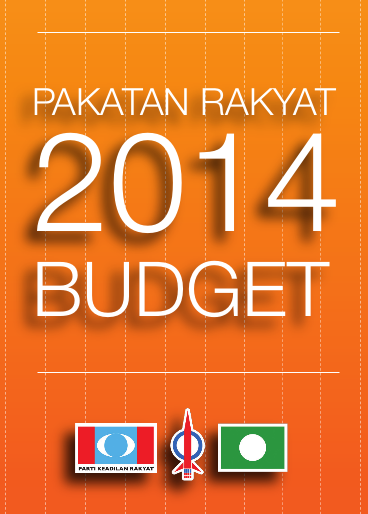Prasarana Group Managing Director Shahril Mokhtar should not evade to explain how Prasarana's Business Model based on double-standards can be both profitable and fulfill its statutory duty
Syarikat Prasarana Negara Berhad(Prasarana) Group Managing Director Datuk Shahril Mokhtar should not rely on insults in his tweets, that demeans me as a "cendol seller" to evade explaining how prasarana's business model based on double-standards can be both profitable and fulfill its statutory duty of providing a "public good" of a reliable and efficient public transport.
I do not personally feel insulted to be labelled as a cendol seller as this is an honest occupation in Penang. However my supporters feel this is bad behaviour from a Group Managing Director of Prasarana to make personal attacks against the Penang Chief Minister.
Clearly Shahril shows that he is bankrupt of ideas in managing a Government Linked Corporation(GLC) with billions of ringgit in assets and responsible for the country's LRT and Monorail systems as well as operates RapidKL and RapidPenang. He is incompetent, unprofessional and unfit to be a Group Managing Director of Prasarana, if his response to public criticism is to make personal insults.
I had issued a statement on 15 October questioning the rationale of Prasarana's rejection of the Penang state government's offer of a RM 10 million annual grant in 2011 to provide free bus rides throughout the state of Penang for 7 hours during the peak hours of 6-9am and 4.30pm-8.30pm from Mondays to Fridays.
In his tweet, Shahril had labelled me a "cendol seller" in response to my earlier public statement:-
Shahril Mokhtar @ShahrilMokhtar 15 Oct
"Daily sales for selling chendol during peak hrs generates RM500 but 1 smart fellow suggest give free chendol same hrs & he wld give RM300."
Datuk Shahril Mokhtar had said that accepting the RM10 million annual grant from the Penang state government would worsen the government-linked company's (GLC) financial position, but he did not state the amount of losses that would be incurred if the offer was accepted. This offer was concluded verbally with all parties concerned during a meeting in Kuala Lumpur in 2011 but was never implemented even though the state government had followed up in writing.
If Prasarana is suddenly so obsessed about profits, then why did they pay in 2011, 1.5 to 2 months bonuses to their staff which is higher than the 1 month bonus received by ordinary government civil servants, despite Prasarana suffering huge losses of RM 763 million? The Auditor-General's Report 2012 revealed that seven Government-linked corporations(GLCs) rewarded their employees with bonuses despite recording combined losses amounting to RM 2 billion in 2011.
Prasarana paid its employees between 1.5 months to two months bonus despite suffering a loss of RM763 million in 2011, whilst Cyvberview paid its staff two and a half months bonus despite losing RM 254 million. No one questions those who receive a one-month bonus, similar in amount given to the 1.2 million Federal government civil servants. But why should the staff working in GLCs receive more if they were making losses just like the Federal government's losses from the budget deficit?
I wish to correct the misleading impression given by some papers that I was not concerned about GLCs making a profit. I was only highlighting the double-standards practice by Prasarana.
For Prasarana to suddenly talk about the importance of profitability in the provision of a public good such as public transport, smacks of double-standards because Prasarana did not think of profitability when paying out higher bonuses despite incurring huge losses. Why talk of profitability now to the Penang state government when the Penang state government wants to give money to increase public transport usage from the current low level of less than 7% in the city and less than 3% statewide for the whole state of Penang?
If Prasarana can not fulfil this statutory duty of providing a public good, let the Penang state government take over buses and public transport. The sad fact of centralisation of powers by the BN Federal government is that the state government can not run public transport even is it is paid by the state government and not paid by the federal government.
